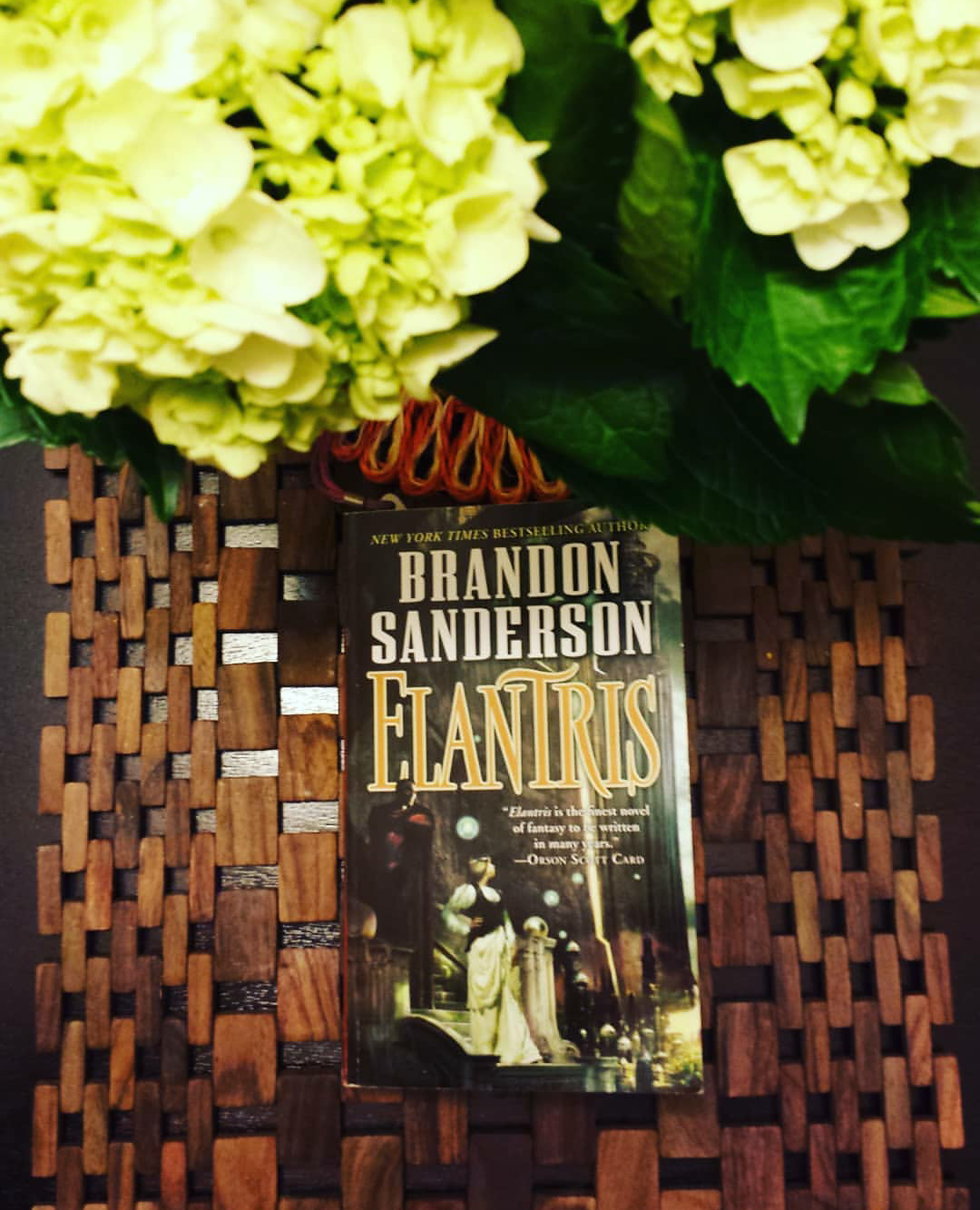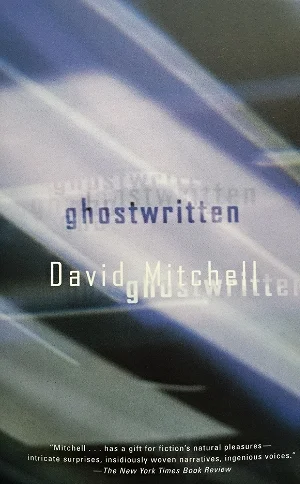I bought this book on a whim five years ago. If I am being honest with myself, I buy most books on a whim which is why I own more books than I will probably be able to read before I die. During the last year, I engaged in an unread shelf project which challenges readers to stop buying books and just read what they already own. I am sure there are many varieties to this challenge, like not permitting oneself to buy a new book until five owned and unread books have been read, but I have not constrained myself in such a way. I am feeling this one out. I have not purchased a book for myself in months — at all this year? — and I feel pretty good about that. The act of purchasing a book always comes with a sense of joy until I return home and remember that I have nowhere to put a new book. Remorse ensues and book is piled on the floor. This cycle repeated dozens, maybe hundreds, of times until I decided it was time to stop. I reviewed my bookcases, boxed up books I had already read but had a weird sensation of wanting to keep as well as books I decided I probably was never going to read and donated them to one of those free library kiosks one finds scattered about. The one I discovered is behind a little beer brewery which seems fitting since I am usually inebriated when I buy books which is probably why I buy so many on the aforementioned whim. We seem to be uncovering the root of the matter, do we not?
When I started writing this book-centric blog however many years ago it was, I had grand plans. Stars in my eyes and whatnot. I was going to write an article about every book I read and before long, I would have a vast repository of book reviews, babblings, and relatable stories that people would discover and enjoy reading. For many reasons, things have not panned out quite like that. I am constantly reminded how difficult writing is. Sometimes, I sit down and the words just flow, but it seems most times I slog uphill in the rain under heavy machine gun fire. I doff my cap to those book bloggers who are able to put in the time and effort required to maintain a successful blog and I am doubly impressed by those who are able to make a career of it. That is the dream, is it not? Well done, you.
Now, to the book at hand: California by Edan Lepucki. I bought this at my local Barnes & Noble some months after its 2014 release. It was on the Discover Great New Writers shelf which was a frequent stop any time I entered the store. The book jacket said something about a young couple escaping the crumbling city of Los Angeles and heading for the hills to survive the collapse of the nation. With Cormac McCarthy’s The Road and John Hillcoat’s excellent film adaptation still pinging around in my head, my interest was piqued. I enjoy the apocalypse genre of literature and film and was intrigued by the fact that in this story, the apocalypse is not nuclear or extraterrestrial, but climatic and economic. The survivors are not wandering a desolate wasteland plagued by two-headed beasts and irradiated water. Frida and Cal escape to a forest, commandeer an abandoned shack, and manage to survive as well as they can. They are visited by a wandering trader who stops by regularly with supplies on offer. They encounter a nearby family who share survival tips and help the young couple along. Things seem to be going as well as they can, but Frida and Cal are frequently warned not to stray too far from their plot of land. Bandits may be lurking in the woods and a mysterious settlement surrounded by a fortification of ominous Spikes lies not too far away. When Frida and Cal ask questions about this settlement, the responses they receive are cagey and foreboding. When a series of events threatens their tenuous sense of security, Frida and Cal venture toward the settlement for help. Are the inhabitants hostile or are the Spikes merely protecting a friendly but frightened group of people?
My familiarity with the genre fed my expectations and I was pleased that the story defied those expectations. Frida and Cal are both presented as POV characters in alternating chapters so readers become acquainted with each of them and see the other through their partner’s eyes. This is a slow but steady character study exploring just how rapidly people can grow complacent, how much of themselves they are willing to sacrifice when presented with the smallest comfort after enduring tremendous hardship. How would I respond in such a situation? After reading the novel, I am still pondering the answer. That is what I love about the post-apocalypse genre. It is a fantasy of being able to start over without the worries of the modern world. It is a return to basic needs and wilderness survival. In this genre, mankind tends to squad up with like-minded individuals collaborating in a tribal environment. No gods or kings, only Man. Of course, that is a short-lived dream and someone always asserts authority and claims control of the people. What is most interesting about this feature of the genre is who rises to the top and how everyone else reacts to it. I enjoyed this storyline in California. The who was unexpected, as was the how. The conclusion surprised me with its truth. It is probably how things would go if this were to actually happen and that, not the book’s conclusion itself, is disappointing. I find myself believing we would do better, but I know I am just fooling myself. We are where we are because of what we are and no world shattering event will change that.
This novel is much more The Road, much less Mad Max. Both have their place and I just happened to be in a The Road kind of mood. If you are too, I think you will enjoy a steady journey through California.



